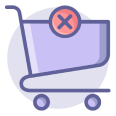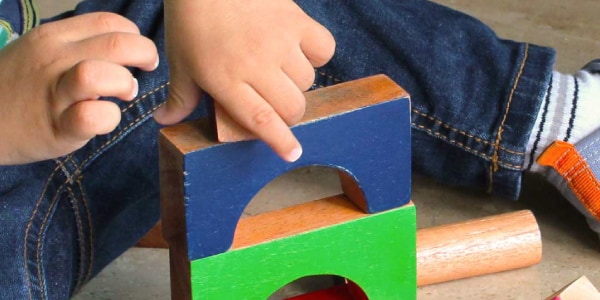Do you remember the feeling of trying to swing as high as you could, racing your friends in tree climbing, or just playing with dolls and cars till your mom called for dinner? Have you ever wished your child could enjoy those same simple pleasures?
Unfortunately, children today are bombarded with complex games and far more structured ways of playing. From games on electronic devices to STEM learning toys, we are led to believe that these will help raise intelligent children who will grow into successful adults.
But here's the catch — research says that focusing on a child’s talents and letting them explore their natural inclinations has much higher success rates!
So how do we help children discover what they like?

The answer is simple, free play!
Despite all the fancy digital toys and complicated structured classes available for kids today, it is free play that helps children explore, discover, and express themselves best.
Free play is unplanned play with no specific desired result. Here, your child can do what they choose at their own pace. All you need to do is facilitate this play, or let them take the lead and you can join in with them!
The idea is to simply give them toys and space that will allow them to experiment safely, discover new things, and find out what they like. In turn, this will help them grow into and become the best they can be.
What does free play mean at different ages and stages?

Babies - For babies, free play would mean letting them see, touch, feel, and grasp different shaped and textured objects to develop basic sensory and motor skills. They will often mouth these objects, so make sure their toys are made of natural materials and non–toxic colors.
As they sit up and start crawling, you could get them toys that motivate them to find balance and keep moving. Colorful balls, fun walkers, and other such activity toys will help them stand and soon, even walk!
Toddlers - Toddlers can understand more, explore further and play for longer on their own. They will take in more of their surroundings and want to recreate those to understand the world around them. Give them safe and simple toys that encourage pretend play and watch the stories your little one will build!
At this stage, your child’s motor skills are also pretty well developed. So you could let them run around, build with blocks, push or drag balls, and use pull along toys. You could also teach them to dance, clap, and play with sound and rhythm toys.
Preschoolers - Preschoolers thrive on exploration as they take their first independent steps into the outside world. They learn social skills by interacting with peers and making decisions. A four-year-old in the playground who has to pick between a swing and a slide is learning to prioritize and exercise choice!
They could even improve their motor skills by playing with balls, frisbees, and jump rope. Most times, all they will need is for you to give them interesting opportunities and point them in the right direction. But sometimes you will need to engage and rough house with them yourself.
Simple jigsaw puzzles and matching games like snap cards could improve your preschooler’s memory and concentration. Playdough and clay are also favorites that will help your child get creative and hone their fine motor skills.
How can you facilitate free play?

Set up an environment that encourages exploration and learning. Make sure your child knows that there is no right or wrong way to play. Let them be who they wish to be as long as they are safe and are having a good time!
Be available to step in and intervene if needed. Answer any questions that they have so you can have teaching moments within the free play.
Stay tuned so they do not get into trouble or play with something that could hurt them. Alternatively, give them opportunities and toys to do more of what they seem to be enjoying. For instance, stamp sets and paint might be a great addition for kids who are already playing with and loving color crayons.
Make sure play is inclusive if your child is playing in a group. Let everyone get a turn and keep and eye out to protect any child from getting picked on or bullied.
If you are worried about discipline…
Remember that free play does not mean a lack of discipline. Giving your child the space to think and freedom to make the best choices for themselves encourages self-discipline and builds independence.
So the next time you get nostalgic about your childhood, remember that those priceless memories were the foundation for the rest of your life. Turns out, you did it right and now it's your little one’s turn to do the same. So make sure your child has ample opportunities for free play throughout their day!

